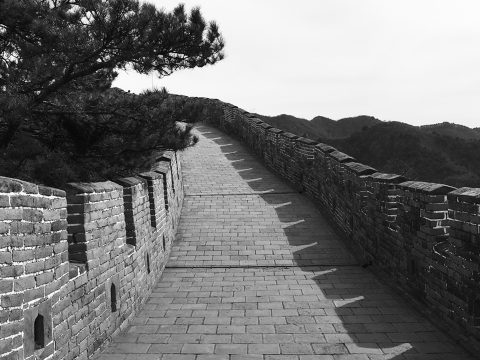China PE to Take Party Handover in Stride, but People Exodus a Worry

This article was originally published on The Wall Street Journal on October 23, 2012, by Sonja Cheung.
Private equity in China is unlikely to take a hiatus despite imminent political change as the country’s Communist Party readies itself for a leadership handover in around two weeks.
This will mark a once-in-a-decade move, seeing current President Hu Jintao handing over his mantle to Vice President Xi Jinping on Nov. 8. Chinese PE industry experts believe the shift in power will have only a slight effect on business, with one insider noting that investors should ctually be more concerned about a growing exodus of people from the mainland, which could damage the country’s entrepreneurial landscape.
‘It’s a brain drain,’ said Mandarin Capital Partners Founding Partner Alberto Forchielli, who explained that many of those people leaving China are the ones who would establish businesses ─ ideal targets for private equity and venture capital investors alike. On top of this, it’s a real sign that some people no longer have faith in China’s growth story, he said, with the country recently reporting a third quarter gross domestic product increase of 7.4%, a drop from last year’s growth seen at around 9.2%. (Mandarin Capital Partners)
From last year alone, immigration lawyers also saw an uptick in the number of visas from Chinese looking to emigrate, with the U.S. alone seeing 75% of investor-immigrant applicants from China in fiscal 2011, The Wall Street Journal previously reported.
However, for those in the PE world who consider themselves long-term China investors, it’s ‘not a bad time in terms of cost base’ to do deals in the mainland, said one Hong Kong-based limited partner, who noted that if industry insiders adopt a wait-and-see stance to determine how Mr. Xi settles into his new role, the market could have revalued by then.
As the political shift nears, general partners may find their decision-making process about a possible investment or portfolio company ─ say, if it’s considering an exit ─ more drawn-out due to uncertainty around the transition, said Chris Lerner, managing director at Eaton Partners.
Indeed, GPs could even start ‘reviewing their strategy from the top down and how best to position themselves, particularly from a fundraising perspective, once new tones and directives become clear,’ said Shanghai-based Mr. Lerner.
Eaton Partners (Chris Lerner) If anything, the air of change could help Chinese private equity evolve, with GPs moving away from minority shareholding, pre-initial public offering deals to full buyouts, said Mr. Forchielli, whose firm manages a cross border fund targeting Chinese and European deals.
‘Before a change, no one wants to rock the boat,’ Mr. Forchielli said, explaining that the Chinese government is seeking to consolidate industries, including the automotive sector, which may encourage PEs to play a more active role in aggregating companies and then exit via a trade sale. He added that there’s an excess of capital in the Chinese PE market, amid a challenging exit market due to a lack of IPOs, so the nature of PE [in China] will have to change.’



